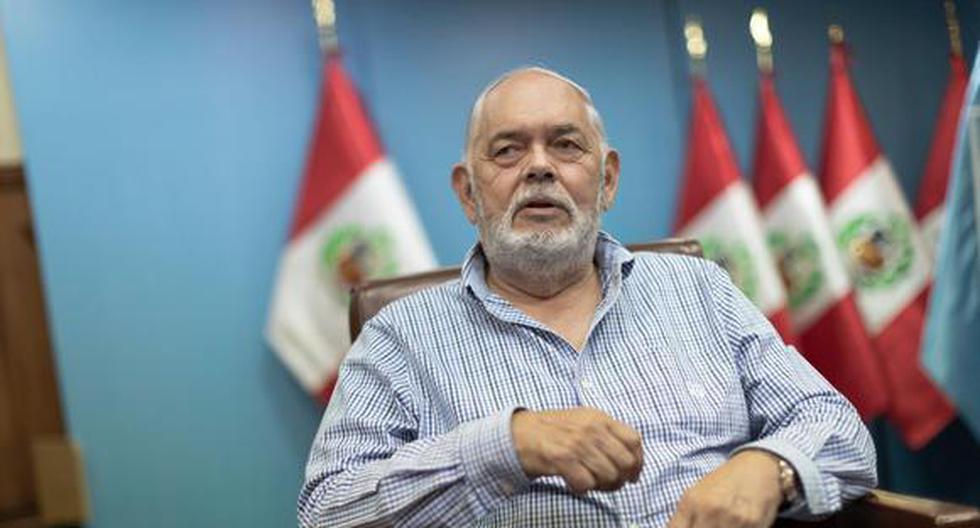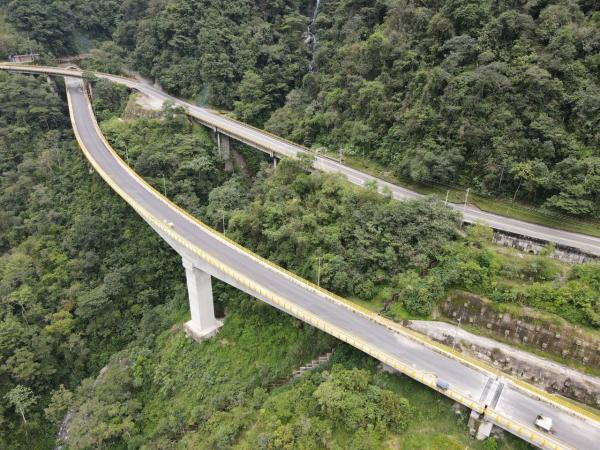Guatemala City, Guatemala | AFP | Two sons of former Panamanian President Ricardo Martinelli, imprisoned in Guatemala, were ready to be extradited to the United States, which claims them for the Odebrecht corruption scheme, after a court granted the missing authorization for the second of them on Monday.
Ricardo Alberto Martinelli Linares, 42, voluntarily agreed before a Guatemalan court to be sent to the United States to face an accusation of money laundering. His brother, Luis Enrique, had already received the green light for extradition in May.
“I wish to express my willingness to acquiesce (accept) the extradition process and ask the court to make the arrangements for it to pass as soon as possible,” said Ricardo Alberto, who arrived at the court appointment with a black anticovid mask, dark glasses and leaning with a cane.
During the hearing, Ricardo Alberto resigned from continuing to challenge the extradition process, after being detained in July 2020 along with Luis Enrique at the airport in the Guatemalan capital, at the request of the United States.
“This court considers it pertinent, without further ado, to resolve the formal request for the extradition of the Panamanian citizen Ricardo Alberto Martinelli Linares, in order to be handed over to the United States authorities,” Judge Saúl Álvarez said. , President of the Third Criminal Sentencing Court.
The file will go to the Foreign Ministry, which must then notify the United States to set the travel date.
The Martinelli brothers are sued by the United States, which accuses them of money laundering linked to payments of bribes in exchange for public works made by the Brazilian construction company Odebrecht.
According to the North American justice, both facilitated the payment of 28 million dollars through secret bank accounts in the name of shell companies in foreign jurisdictions.
Panama also claims the Martinelli brothers for a mega corruption scandal known as “Blue Apple”, but Guatemalan law establishes that priority is given to the State that makes the request first, in this case the United States, according to the local Prosecutor’s Office.
In addition, Guatemala and Panama do not have an extradition treaty, so the Panamanian authorities will have to make the request to the US justice.
Both were elected as alternate deputies to the Central American Parliament, based in Guatemala, but the entity ruled out days after their arrest from swearing them in on suspicion that they were seeking immunity to evade justice.









